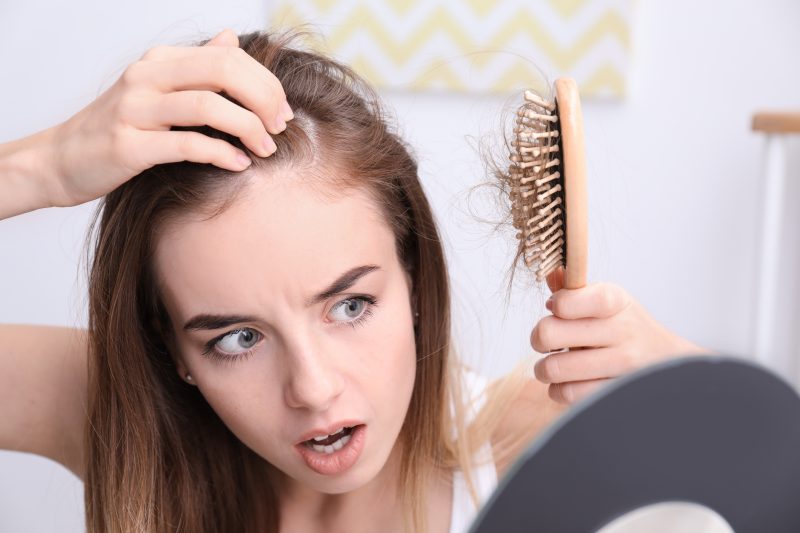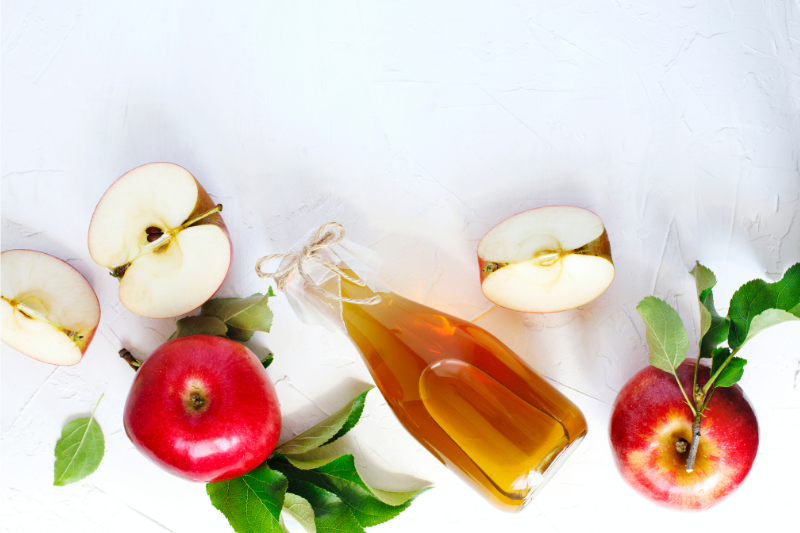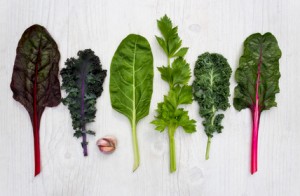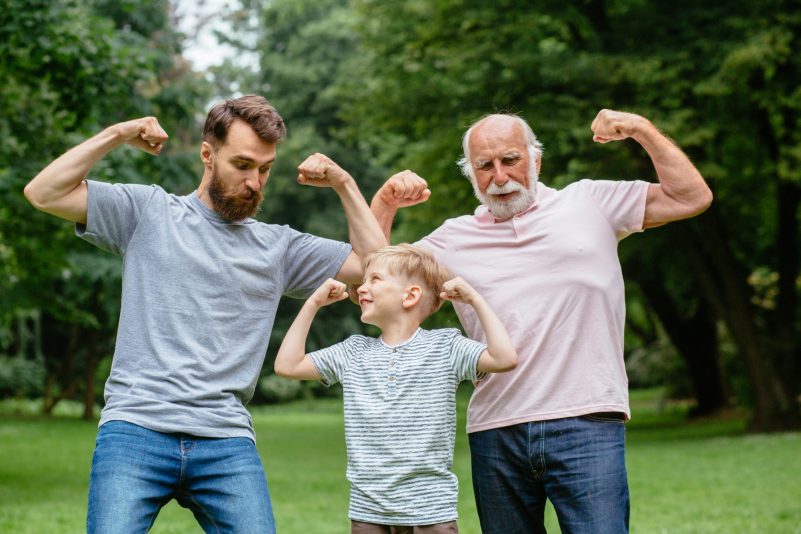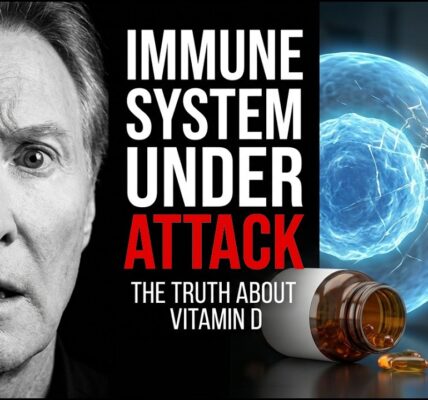Hair loss is a condition faced by many adults. If you’re one of them, you may be experiencing nutrient deficiencies causing your hair loss.
Last week, we looked at several nutrient deficiencies that are linked with hair loss. These included:
- Protein
- Iron
- Zinc
- Selenium
- Fatty Acids
- Vitamin D
These 6 nutrients have relatively strong evidence and links to hair loss.
But, did you know, even an excessive amount of nutrient intake can affect hair loss as well? There are some nutrients that may cause hair loss when taken in excess, some that are marketed well beyond their evidence, and some that show slight indications for treatment. These are included today as numbers 7-11 (find numbers 1-6 here in Part 1).
Excessive Nutrient Intake and Nutrient Deficiencies Causing Hair Loss (Part 2)
7. Biotin
Biotin, or vitamin H, is a cofactor for enzymes in the body. In animal studies, biotin has shown to improve protein synthesis and DNA concentration in hair follicles (1). When deficient, people experience eczema, hair loss, and sometimes, conjunctivitis (2).
These can be symptoms and conditions throughout one’s life, from infancy through late adulthood.
In fact, one case study on an infant who was deficient in biotin experienced dermatitis and alopecia had great results with reversal of each wit daily oral supplementation of biotin (3).
Biotin deficiency is rare and is usually seen in those with disruption of gastrointestinal flora and specific medication use (such as antiepileptic medication).
In terms of treating hair loss, no large long-term clinical trials have shown efficacy. However, biotin is strongly marketed and anecdotally has potential to improve thinning hair. What’s more, some studies have shown that it is slightly deficient in many adults with hair loss and supplements have the potential to improve the texture and quality of hair (4).
8. Vitamin A
Vitamin A is actually a group of compounds. This group includes retinol, retinal, retinoic acid, and provitamin A carotenoids. In animal studies, dietary vitamin A has been shown to activate hair follicle stem cells (5). However, these studies have not been able to pinpoint the exact amounts needed or mechanisms for effective treatment (6).
On the flip side, too much vitamin A can cause hair thinning (7). In fact, high levels of vitamin A from over-supplementation have a strong link to hair loss as well as skin, vision, and bone changes (8,9). Unless otherwise directed by your health professional, it’s best to stay with balanced vitamin A dosage, such as those in multivitamins, and whole-food sources of vitamin A.
9. Vitamin E
Vitamin E is a family of potent antioxidant nutrients, including tocotrienols and tocopherols. When deficient, humans experience hemolytic anemias, neurologic issues, and skin dryness. Vitamin E deficiency most commonly occurs with fat malabsorption disorders.
The benefits of vitamin E supplementation on hair loss has been inadequately studied, but some research shows a lot of promise.
One such study found 100 mg of mixed tocotrienols per day resulted in a significant increase in hair quantity for 21 participants compared to placebo (10).
But, you must be careful as you can over-supplement. High levels of vitamin E can cause bleeding and issues with the thyroid. Additionally, taking 600 IU vitamin E per day (this is ~402 mg per day, and 30 times recommended intake amounts) can actually cause hair loss and significant decreases in thyroid hormone levels (11).
10. Amino Acids
In the previous post in this series (Thinning Hair: Nutrient Deficiencies – Part 1), we discussed total protein deficiency and it’s impacts on hair.
Beyond total protein numbers, though, individual amino acids play a role.
First, L-lysine is an essential amino acid, which likely plays a role in zinc uptake and iron utilization. The addition of L-lysine to iron supplementation has resulted in a significant increase in serum ferritin concentration in some women with chronic hair loss, who do not otherwise respond to iron supplementation (12).
Another amino acid with promise for hair loss is L-cysteine. However, L-cysteine has mostly been studied in combination with other nutrients, so it’s individual effects are not well-understood (13).
11. Antioxidants
Antioxidants are incredibly important compounds in human nutrition. As discussed with many whole-food posts, amino acids neutralize free radicals to reduce damage to our cells. Many different vitamins and minerals act as amino acids, including those discussed in this article and in the first article of this series. These include selenium, vitamin D, vitamin E, and others.
Lab and human studies have shown oxidative stress from free radicals may plan a large role in some male balding (14). What’s more, excessive free radical generation has been found in patients with chronic hair loss (15).
Like with other supplements, caution must be taken. Whole-food antioxidants from vegetables, nuts, seeds, fruit, and others are safe and may have a positive effect on hair loss. Large doses from supplements may have the opposite effect (16). Sticking to whole foods and balanced amounts of vitamins and minerals in supplements is a prudent route.
Bottom Line
It’s not just deficiencies… sometimes it’s excessive nutrient intake causing hair loss.
When supplementing, it’s important to be careful and avoid extremely high doses in single-nutrient supplements. Also, make sure to calculate your totals if you’re taking multiple supplements. A prudent plan is to take multi-nutrient, balanced supplements, such as Divine Health Enhanced Multivitamin, and whole-foods.
If you feel you have a nutrient deficiency that needs to be corrected, talk to your doctor and form a therapeutic plan.

